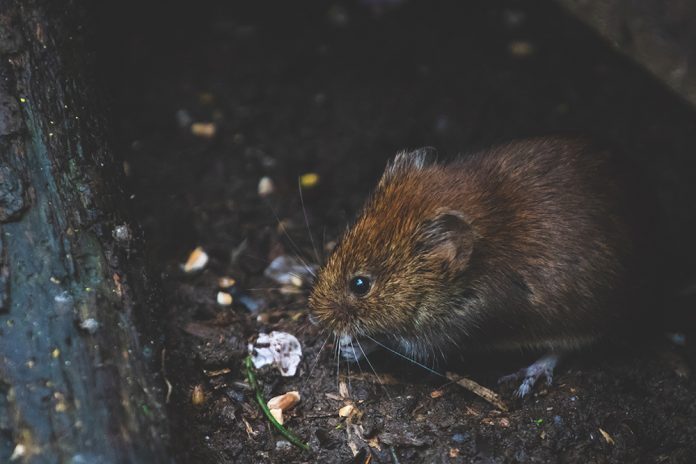Getting rid of Rats (Northampton)
Do you have rats and want to get rid of them? If you suspect you have rats it can help to know how to get rid of them and stop them from returning by understanding what attracted them to your Northampton property in the first place.
Rats have been around for thousands of years and have proven themselves as intelligent, resilient pests with strong survival instincts. While the average lifespan of a rat is around 2-3 years, rats are prolific breeders and a breeding pair can produce up to 6000 new rats in their lifetime.
While their natural habitats should be in the wild, invading houses pose little problems for them and they are well-known for the damage they can do to electrical wires and wooden structures in our homes.
However, it’s not just the damage to our homes that is at risk of a rat infestation. Rats pose a serious health risk to us and our families through the contamination of our food, and the spread of the diseases they carry.
Did you know that rats can carry and spread more than 35 diseases? These include Salmonella, hantavirus, leptospirosis, and Tularemia.
Why rats like your home
Despite their intelligence, rats are motivated by two basic instincts – to find food and to find a warm place to raise their young. This is why human houses are the perfect breeding ground for a rat infestation.
Rats like to stick close to home so they are never more than 122 metres from their main food source, which could be your kitchen cupboards, pantry or food storage room.
How to get rid of rats
By far the most effective method to tackle any rats already living on your property is to call in a professional local Northampton based pest control company. While you can try many DIY methods to rid yourself of rats, most are quite ineffective and may only help to keep the number of rats down rather than eradicate them all.
A local pest control company will be able to access and use more effective products and techniques that are far more effective than any DIY solution.
If you have children and pets in your home then you don’t want to rely on buying rat poison that can put your children and pets at risk. It would be better to put the job into the hands of a professional pest control expert and then take steps to discourage any future rat infestations in your home.
Rat-proofing your home
Your chosen pest controller will be able to tell you how rats are getting into your home. You can take steps to prevent rats from entering your home by sealing up any entrance holes you find around your home and removing any shelter they have been using.
As rats are omnivorous, they will eat just about anything. Make sure you store all your food in metal containers that rats cannot get into. If you have a bird table, keep this clean and remove any spare seed that is left lying around.
Keep any compost heaps or bins as far away from your house as possible. Store your rubbish in strong bins with secure lids between bin collection days. Don’t leave any pet food outdoors for rats to discover and eat overnight.










